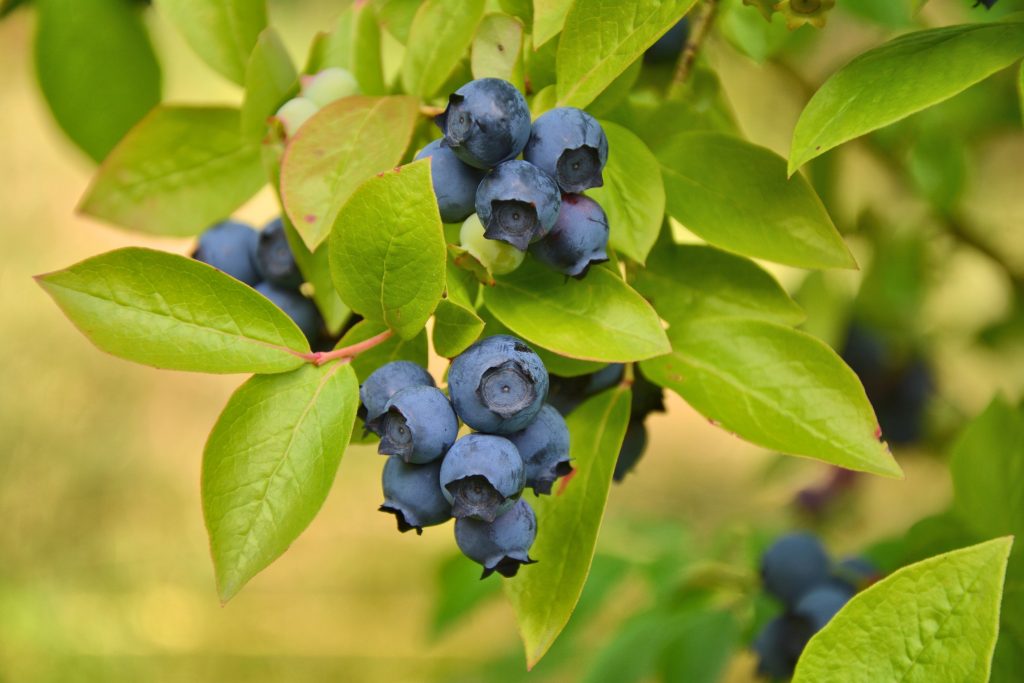
By Ashley Robinson
University of Georgia area Extension blueberry agent Renee Holland is confident about this year’s crop despite a challenging season.
“This season, we have a beautiful blueberry crop load in Georgia,” Holland siad. “The berry quality is excellent, and thankfully, we’ve had very little disease or pest issues this year.”
Challenges Facing Growers
Georgia blueberry growers are no strangers to facing difficult challenges and growing seasons, and this year is no exception. In the midst of COVID-19 growers have had to face additional challenges on top of their typical weather and labor issues. However, Holland believes that growers have mobilized like never before, creating the safest environments possible.
“The virus has definitely affected the amount of labor coming into the country, but that’s nothing new to us. We’re used to having labor shortages,” Holland says.
Growers have implemented additional hand-washing stations and have reduced their workforce to do more with less.
“They’ve really thought about how they’re going to partition the labor force and how to keep people separated and in small groups and to have people living together also be the same people who are working together in the field. They also have plans set in place if someone gets sick. I’ve seen the growers mobilize like never before, they’re checking their employee’s temperatures every day. It’s been amazing to see how quickly they’ve mobilized and put safety measures in place. They’ve really done their homework,” Holland says.
Considering COVID-19, UGA Extension and blueberry growers encourage consumers to purchase fresh Georgia blueberries. Blueberries are a great source of vitamin C, iron and fiber. In addition, they’re cholesterol-free, sodium-free and possess an important source of potassium. In light of COVID-19, many consumers are looking to become more health conscious and consume fresh produce, which will benefit both consumers and producers.
UGA Extension specialist Laurel Dunn has published materials for consumers on food safety and sanitation amid COVID-19. According to Dunn, there is no evidence to suggest that COVID-19 is transferred by food. However, consumers should continue to wash and sanitize their fresh produce as normal. Click here for additional information about food safety and COVID-19.
“It’s good to eat fresh produce. We want consumers to know eating fresh produce will not put them at risk.” Holland says.









